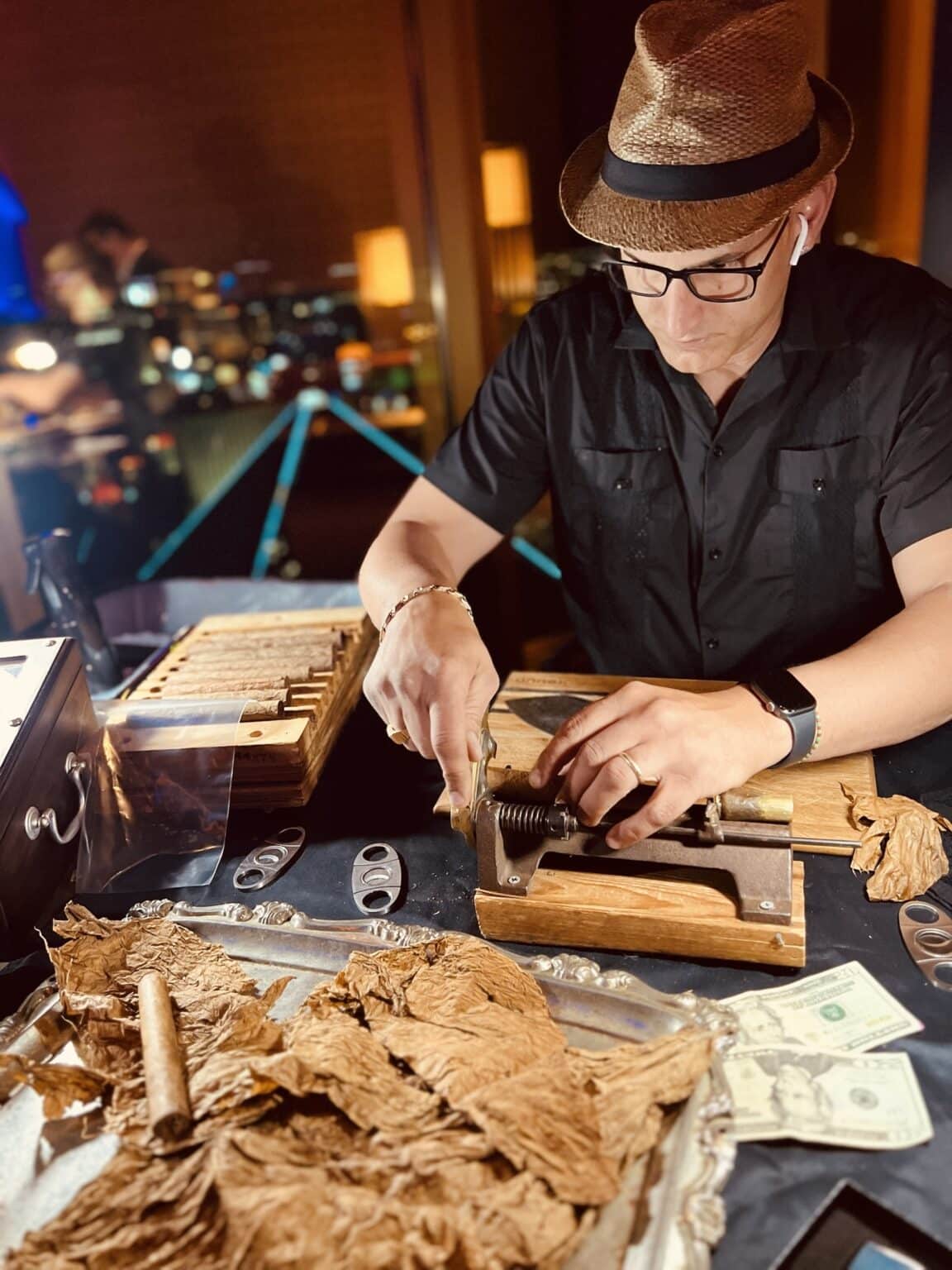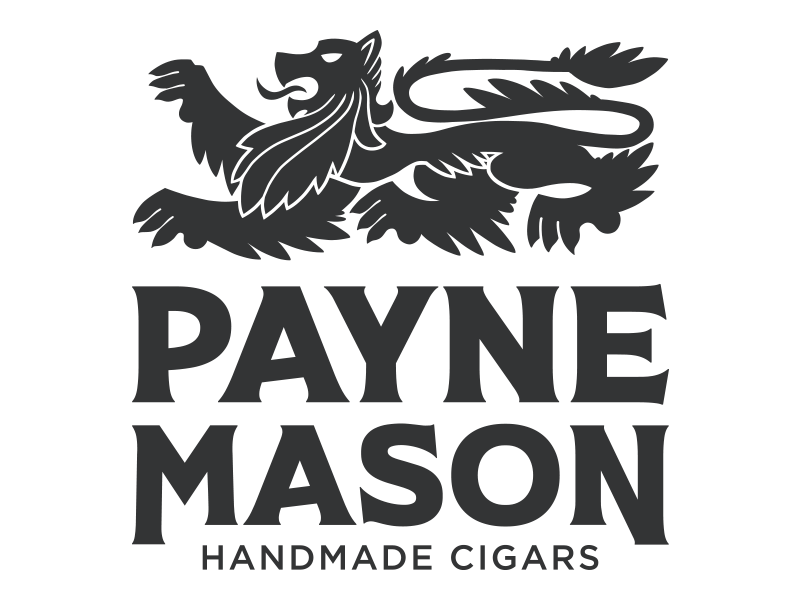The Unspoken Truth of "Handmade" Cigars:
What Lies Beneath the Luxury
When connoisseurs of fine cigars hear the term “handmade,” it conjures an image of an artisanal process—one steeped in tradition and performed by master cigar rollers in small, intimate factories. This romantic notion evokes a sense of luxury and craftsmanship, as if every cigar has been individually rolled with precision and care by skilled hands.
However, the reality behind much of today’s premium cigar market tells a different story. In truth, most cigars—yes, even those sold as “premium” or “handmade”—are products of mass-production factories in South America, where brands, including many household names, source their cigars. These brands often do not produce the cigars themselves but instead purchase them from a few large-scale factories, merely affixing their label and placing them in ornate boxes.
The Industrial Scale of Cigar Production
To meet the ever-growing demand in national and international markets, producing hundreds of thousands of cigars daily becomes a logistical necessity. As you might imagine, this scale of production makes it impossible to create each cigar entirely by hand. Automation inevitably enters the process.
The use of machines in these factories is widespread, particularly for tasks like bunching and binding the filler tobacco. In many cases, machines assemble the filler, wrap it with a binder leaf, and prepare it for pressing. Only after this automated process does the human touch come into play—when a skilled Torcedor takes over, applying the final wrapper leaf, shaping the cap, and giving the cigar its finished look.

Despite this significant reliance on machinery, such cigars can still carry the “handmade” designation. It may surprise you to learn that the sole involvement of a human in attaching the wrapper qualifies the cigar to be labeled as “handmade,” even though the most labor-intensive parts of the process were done by machines.
The Hidden Costs: Marketing vs. Quality
The most concerning takeaway is that many high-priced cigars, sold under premium labels, might not reflect the craftsmanship or quality expected at their price point. With so many cigars being produced in the same factories and subjected to the same partially automated processes, it’s possible you’re paying more for branding and packaging than the quality of the product itself.
Defining “Handmade” in a Mass-Produced World
For the discerning smoker, the word “handmade” may carry with it an expectation of artistry, dedication, and the kind of craftsmanship that has defined cigar making for centuries. However, in today’s premium cigar industry, “handmade” has become more a technical classification than a true reflection of artisanal creation. Once a cigar has been machine-bunched and machine-bound, the brief intervention of a Torcedor to apply the wrapper leaf is enough to meet the standard for “handmade” labeling.
The Endangered Art of True Craftsmanship
It is important to acknowledge that a small number of cigar makers still adhere to the time-honored traditions of handcrafting cigars entirely without the assistance of machines. These brands are rare, and their cigars are the true embodiments of artisanal expertise. Finding them, however, requires more than simply walking into a cigar lounge or upscale store. It often requires in-depth knowledge of the industry and a willingness to investigate beyond the allure of flashy branding and luxurious packaging.
In a market saturated with mass-produced products packaged as bespoke luxury, the price tag on many premium cigars can often be more reflective of marketing costs than actual craftsmanship. When paying a premium price—say, $18 or more for a single cigar—it’s worth asking: Are you investing in an authentic experience of craftsmanship, or merely in the perception of one?
For the true aficionado, understanding the nuances behind how a cigar is made can elevate your appreciation of the product. The label may promise artisanal quality, but knowing whether a cigar is truly hand-rolled or the product of automation can make all the difference when choosing what to savor.
What Are You Really Paying For?
In a market saturated with mass-produced products packaged as bespoke luxury, the price tag on many premium cigars can often be more reflective of marketing costs than actual craftsmanship. When paying a premium price—say, $18 or more for a single cigar—it’s worth asking: Are you investing in an authentic experience of craftsmanship, or merely in the perception of one?
For the true aficionado, understanding the nuances behind how a cigar is made can elevate your appreciation of the product. The label may promise artisanal quality, but knowing whether a cigar is truly hand-rolled or the product of automation can make all the difference when choosing what to savor.
The Savvy Cigar Enthusiast's Responsibility
In today’s complex cigar landscape, knowledge is power. Discerning cigar enthusiasts should delve deeper into the production practices of their favorite brands. After all, the essence of luxury lies not only in what is visible but also in what remains unseen—the craftsmanship, the care, and the genuine artistry behind each smoke.
As you step into the world of cigars, don’t just settle for the label. Demand authenticity. Seek out those rare cigars that are truly handcrafted, because the true luxury lies in their creation, not just in their branding.


